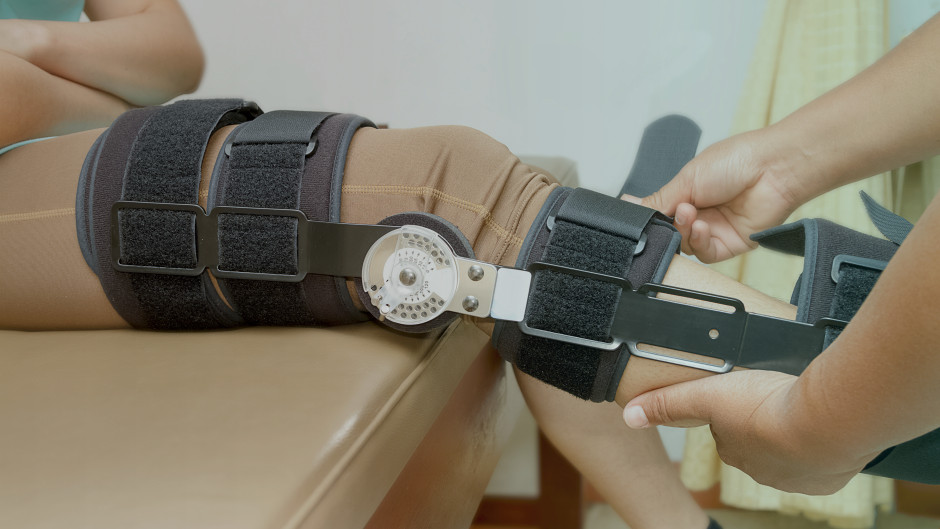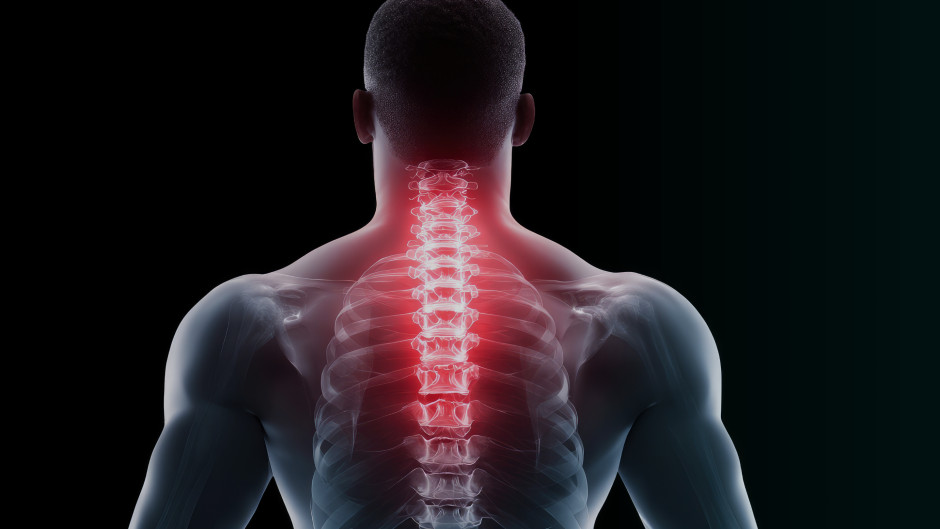HOW DOES NUTRITION IMPACT TENDON HEALING

Tendon injuries are incredibly common — from recreational runners and weekend warriors to elite athletes and even desk-bound workers. Whether it's a nagging Achilles pain, tennis elbow, or patellar tendinopathy, these injuries often linger and resist quick fixes.
But understanding what’s happening inside the tendon — and how nutrition can support its recovery — is a game-changer.
What Happens in a Tendon Injury?
Tendon injuries aren't always sudden ruptures. In fact, the more common type is tendinopathy — a chronic, overuse-related condition involving:
● Microtears in the tendon
● Collagen disorganization
● Thickening and stiffness
● Possible formation of scar tissue
Over time, the injured area becomes less able to handle load.
How can nutrition help tendon healing?
Here’s the good news: while tendons heal slowly, targeted nutrition can help accelerate recovery by:
● Supporting collagen production
● Reducing inflammation
● Enhancing tissue repair
Let’s break it down:
1. Collagen – The Building Block 🏗️
Tendons are rich in Type I collagen, which provides tensile strength. During injury and rehab, your body needs more raw material to rebuild and realign collagen fibers.
Sources:
● Collagen peptides
● Gelatin
● Bone broth
2. Vitamin C – The Collagen Activator 🍊
Vitamin C is essential for cross-linking collagen fibers, making them strong and stable. Without it, collagen synthesis is impaired — even if you have enough protein.
Sources:
● Citrus fruits
● Berries
● Guava
● Bell peppers
3. Polyphenols – Stimulator of Collagen Synthesis 🧬🍫
Research has shown that epicatechin — a polyphenol found in cocoa — can enhance the expression of fibrillar collagen genes in muscle tissue. This upregulation suggests a potential increase in the capacity for collagen protein synthesis. Additionally, studies have reported that consuming epicatechin-rich cocoa may stimulate collagen synthesis in humans.
Also, chronic tendon injuries often involve low-grade inflammation. While some inflammation is needed for healing, excessive oxidative stress can stall recovery. Polyphenol-rich foods help manage this balance.
Sources:
● Green tea
● Turmeric
● Berries
● Dark chocolate
● Extra virgin olive oil
4. Hydration – The Overlooked Factor 🫗
Tendons need water to maintain their structure and elasticity. Dehydrated collagen becomes stiff and brittle — increasing injury risk.
Aim for:
At least 2.5–3L/day, more if you're sweating or in rehab.
Nutrition is only one part — But it matters!
Tendon recovery still depends heavily on progressive loading. But nutrition is the often-missing piece that helps:
✅ Stimulate collagen production
✅ Improve tissue quality
✅ Speed up healing timelines
Source:
From the lecture ‘ Accelerating Tendon Rehabilitation with Targeted Nutrition' by Dr. Keith Baar



